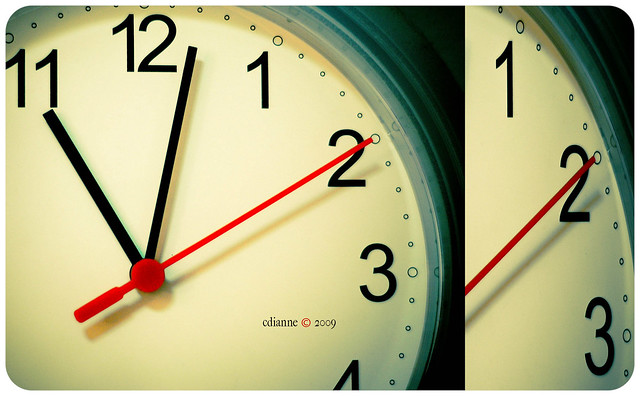
A former researcher at Boston University (BU) committed research misconduct, according to the U.S. Office of Research Integrity (ORI).
William W. Cruikshank, formerly of BU’s Pulmonary Center,
“engaged in research misconduct by knowingly, intentionally, and/or recklessly falsifying and/or fabricating data” in a paper retracted in 2014, in an earlier version of that paper, in a seminar presentation, and in two grant applications submitted to the National Cancer Institute, the ORI reports.
Cruikshank did so by “copying blot band images from unrelated sources, manipulating to disguise their origin, and combining multiple images to generate new figures to falsely represent results using sixty-four (64) such band images” in 16 figures and related text.
Continue reading Former BU prof falsified images, agrees to 5-year funding ban






